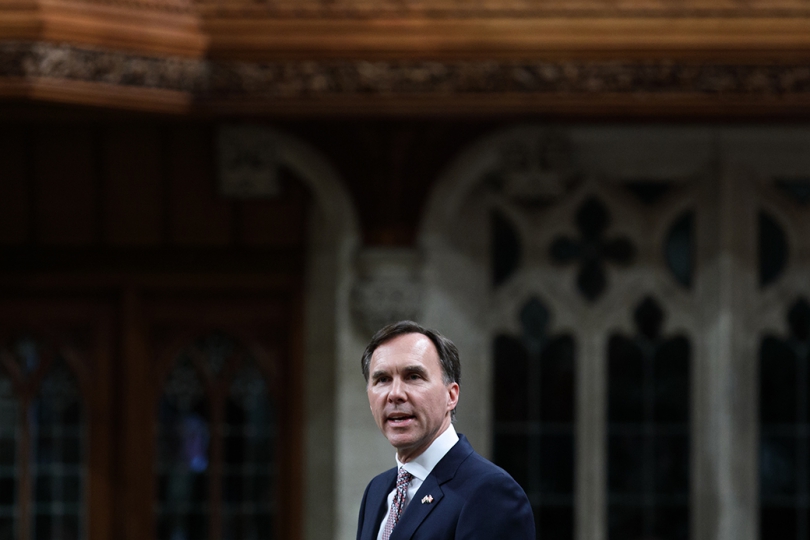Ottawa vague on helping City of Vancouver curb housing speculation

By Lisa Tanh
The Government of Canada is releasing few details about federal measures to help City of Vancouver monitor and curb speculation in the housing market.
On Nov. 29, Vancouver City Council approved their planning, urban design and sustainability department’s Housing Vancouver strategy which aims to curb speculative investment: the purchase of property based on anticipated price growth. During the previous day’s presentation, senior planner, Dan Garrison, stressed the need to “work with regional, provincial and federal partners to understand key drivers of demand and [to] take action to address speculation.” Garrison added that currently, there is no firm data that can be used to track the impact of speculation.
“We would really like to work with federal [and] provincial governments around enhancing that data regime,” Garrison said. “Starting with more information on our housing stock, how much of it is owned locally, how much of it is owned or occupied [and] how much of is it owned by foreign investors or others.”
Garrison said a better understanding of the city’s housing structure and ownership of the housing market are key to addressing speculation.
ThinkPol asked Finance Minister Bill Morneau for his take on the Housing Vancouver strategy.
In an emailed statement, Chloe Luciani-Girouard, spokesperson to the Minister of Finance, said:
“We know that for many middle class Canadians, their home is the most important investment they will make in their lifetime, as such it is critical that this investment be protected. That’s why one of the first things we did in December of 2015 was increase down payment requirements to address pockets of risk in Toronto and Vancouver.”
“Since then, we have studied the state of the housing market, alongside provincial and municipal partners, brought consistency to mortgage rules by standardizing stress tests for both low and high ratio mortgages and improved tax fairness by ensuring that the principal residence exemption is available only in appropriate cases,” Luciani-Girouard added. “We will continue to study the state of the housing market alongside provincial and municipal partners.”
ThinkPol pressed for details from Minister Morneau, asking if the federal government supports implementing a system to track the impact of speculation.
In an emailed response, Luciani-Girouard repeated “Our government will keep working alongside provincial and municipal partners to study the state of the housing market.”
On Dec. 19, Statistics Canada and the Canada Mortgage and Housing Corporation released new housing statistics that was funded by the government’s 2016 budget. According to their website, the government has provided additional funding to improve housing data through its Canadian Housing Statistics Program.
[Photo Credit: Government of Canada]



